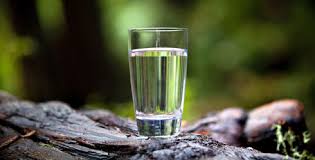What will your baby inherit?
Blue eyes? Blonde hair? OR lead, arsenic, mercury, cadmium …..? Heavy metal testing should be the foundation of every preconception and infertility program. Testing available through True Medicine. You may think that you lead a ‘healthy’ lifestyle, but unfortunately we are exposed to innumerable environmental toxins every day – and these toxins build up on our … Read more


